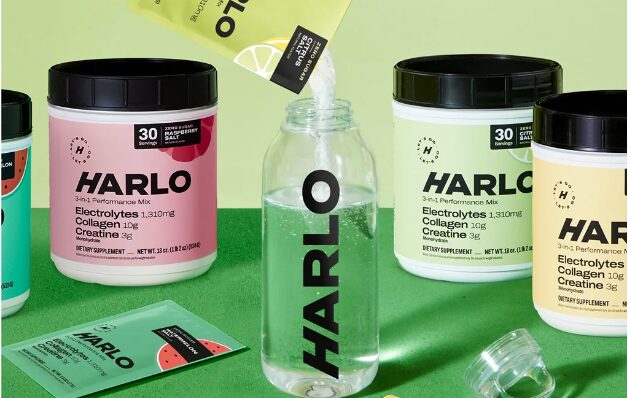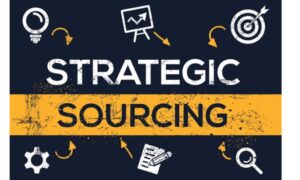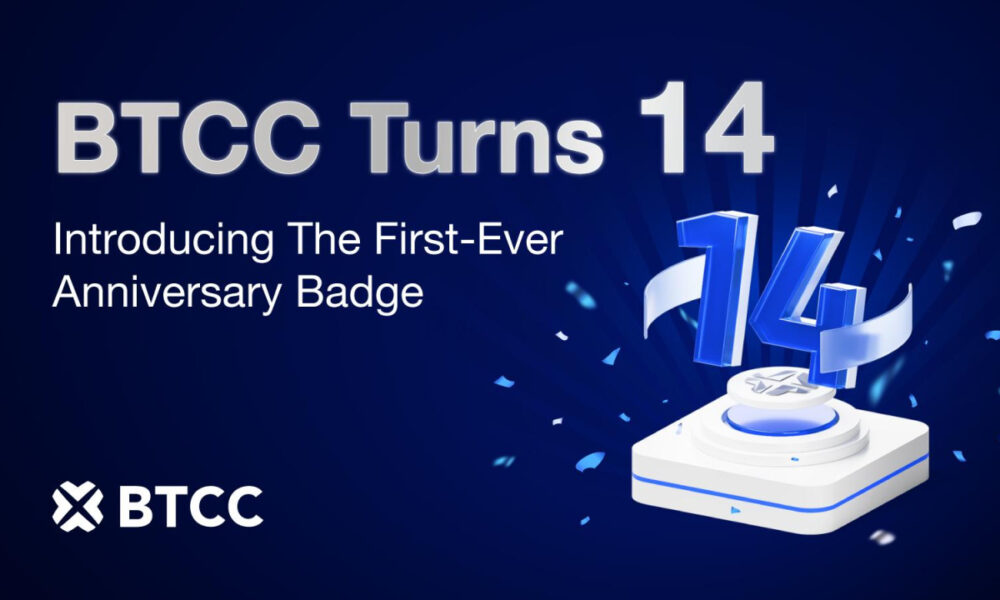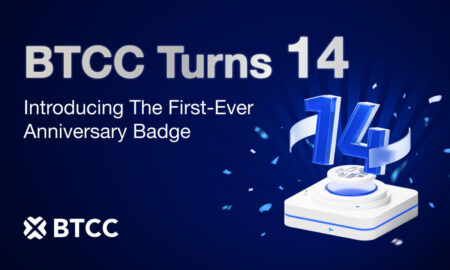Collagen’s been getting a lot of love lately. From wellness influencers to gym bros to skincare junkies, it feels like everyone’s tossing a scoop of this “miracle powder” into their morning routine.
But here’s the uncomfortable truth most brands won’t tell you—a lot of collagen supplements are low-key contaminated.
We’re talking about heavy metals like lead, mercury, and arsenic. Not the stuff you signed up for when chasing healthier skin or stronger joints. If you’re taking collagen daily, you need to be smart about what’s in that scoop.
And yes, there are brands doing it right. If you’re looking for one that actually cares about clean sourcing and transparency, drinkharlo is worth checking out. But more on that in a bit.
Let’s walk through how to separate the clean from the questionable.
Why You Should Care About Contamination
First off, why’s this even a thing?
Collagen is often sourced from animal parts—bones, hides, fish skins. If those animals were raised in polluted environments, toxins like heavy metals build up in their bodies. That gets passed into the collagen you’re scooping into your smoothie.
Scary part? Most supplement brands don’t test thoroughly. And if they do, they don’t always share the results.
You could be doing everything right—eating clean, working out, staying hydrated—but your collagen could still be working against you.
Rule #1: Check for Third-Party Testing
This should be non-negotiable.
If a company isn’t posting third-party test results for every batch, don’t even consider it. “Trust us” doesn’t fly when you’re putting something into your body every single day.
You want real, independent lab reports—not just vague claims about “clean” sourcing. Bonus points if they include heavy metal test thresholds and batch numbers.
Rule #2: Don’t Fall for Vibes-Based Marketing
Buzzwords like “pure,” “natural,” and “clean” mean nothing without receipts. Anyone can slap those words on a label.
Instead, look for specifics:
- Is the source listed? (e.g., grass-fed bovine from Brazil, wild-caught fish from North Atlantic)
- Are lab results posted on the website?
- Do they test for multiple contaminants—not just protein content?
If you’re not seeing answers, that’s your answer.
Rule #3: Know the Sourcing Story
Not all collagen sources are created equal.
- Bovine collagen (from cows) is solid if it’s grass-fed and hormone-free.
- Marine collagen is great—if it’s wild-caught and tested for mercury and microplastics.
- Chicken collagen? Less common, and quality varies hard depending on sourcing.
Look for brands that tell the full story: where the animals were raised, how they were treated, and what was done to purify the final product.
Rule #4: Watch for Additives That Mess It All Up
You found a clean-sourced collagen. Cool. But now check the label again.
Some brands ruin a good base with junk fillers:
- Artificial sweeteners (sucralose, aspartame)
- Flavoring agents (vague “natural flavors”)
- Maltodextrin and other unnecessary carbs
Clean collagen doesn’t need makeup. The good stuff is usually unflavored or uses simple, real ingredients like monk fruit or vanilla extract if flavored.
Rule #5: Certifications Can Help—but Don’t Rely on Them Alone
Certifications aren’t the end-all, but they help:
- NSF Certified: Good sign of third-party verification.
- Non-GMO Project Verified: Another solid green flag.
- Glyphosate Residue Free: Rare but important—especially if you’re serious about staying clean.
Don’t let certifications be the only thing you check—but when paired with lab results and transparent sourcing, they’re clutch.
Rule #6: Stay Away from Dirt-Cheap Collagen
This one hurts a little if you’re hunting for deals, but here’s the hard truth: good collagen costs more.
If it’s too cheap to be true, chances are:
- It wasn’t tested thoroughly (or at all)
- It’s bulked up with fillers
- It’s sourced from factory-farmed animals exposed to toxins
Clean collagen requires clean inputs, careful handling, and lab work. That costs money. And it’s worth it.
Brands That Actually Walk the Talk
There are a few brands that get it right—and they’re not always the loudest on social media.
What makes a brand like drinkharlo stand out? It’s not just the clean design or influencer shoutouts.
It’s the transparency.
They source smart, publish lab results, and actually seem to care about the stuff that goes into their products. No shady ingredients. No “proprietary blends” hiding behind fancy names.
It’s refreshing—and rare.
Bonus: Signs Your Collagen Might Be Junk
If you’re already taking one and wondering if it’s solid, here are a few red flags:
- It tastes too sweet or artificial
- You feel bloated or off after taking it
- No test results on the brand’s site
- Customer reviews complaining about chalky texture or odd aftertaste
You shouldn’t have to “tough it out” to take your collagen. If something feels off, it probably is.
Real Talk: Is All This Worth It?
Short answer? Yes.
Long answer: if you’re taking something daily, you should be picky. Collagen isn’t a once-a-month treat—it’s a daily investment in your skin, joints, hair, and gut.
Why spend time and money on healthy habits just to be undone by a supplement loaded with garbage?
This stuff goes inside you. It should be held to a higher standard.
TL;DR – The 2025 Clean Collagen Checklist
Here’s your no-nonsense cheat sheet:
✅ Third-party lab results posted publicly
✅ Clear sourcing (grass-fed, wild-caught, etc.)
✅ No artificial junk or unnecessary fillers
✅ Transparent labeling and full ingredient list
✅ Certifications that actually mean something
✅ A price tag that reflects quality—not quantity
If your collagen checks those boxes, you’re golden. If not? Time to upgrade.
Final Word
This market’s a mess. Slick branding, celebrity endorsements, and cute packaging don’t guarantee a clean supplement.
If you’re serious about your health, you’ve gotta read the fine print—or choose brands that make the fine print crystal clear.
Collagen can be a cheat code for how you look, move, and feel. But only if it’s clean. So be choosy. Ask questions. And support the brands that actually answer them.
Want a head start? You already know where to look—drinkharlo has made clean collagen their whole thing.
No guesswork. No weird ingredients. Just the good stuff.



































